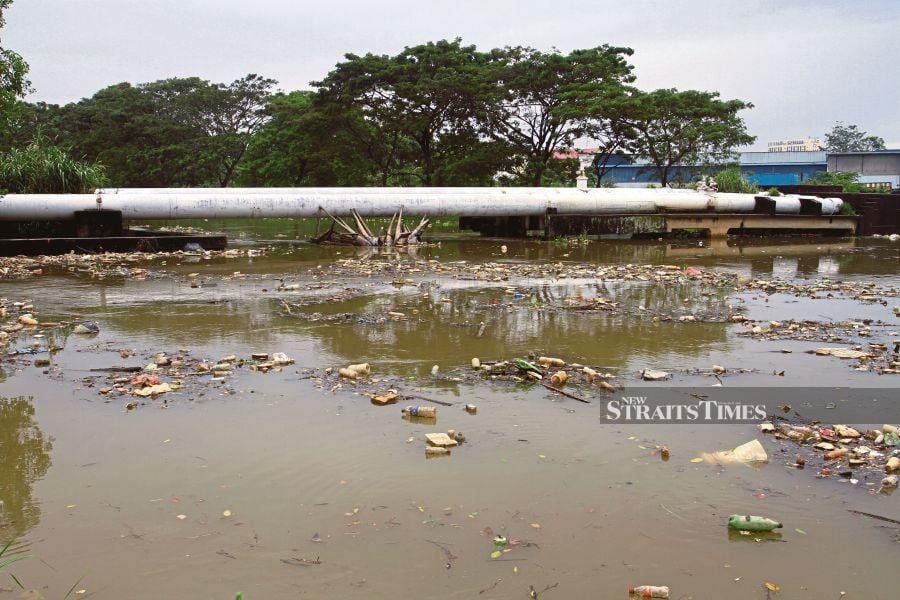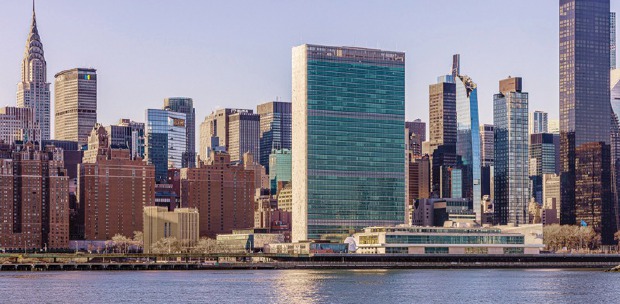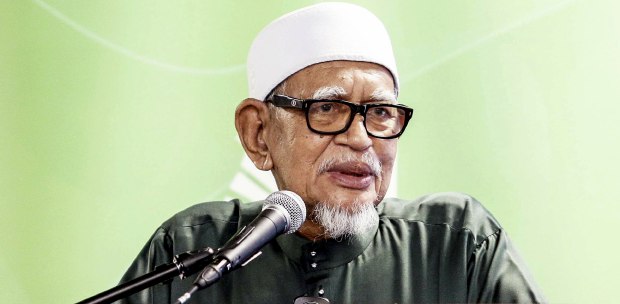ACCORDING to a recent media report, a green lung (complete with a lake in its centre) in Johor Baru has become a major dumping ground for construction materials and other hazardous waste.
The fumes from the burning chemicals at the illegal dumpsite had made life for 5,000 residents in Taman Bukit Kempas extremely unpleasant over the last six years.
The residents pointed out illegal recycling companies in the area as the prime suspects in dumping toxic waste into the lake, which flows into Sungai Skudai, several kilometres away.
If we are wondering how these illegal recycling companies had "survived" all these years without being forced to cease operations by the authorities, we should also ask the next question: what have the authorities done to save the green lung and the lake?
A long time ago, a family member and Johor Baru resident gave me the answer: "This is Malaysia Boleh."
The last time we spoke to each other at some length was in the aftermath of the environmental disaster at Sungai Kim Kim, Pasir Gudang, in March 2019.
The Johor government was forced to allocate RM6.4 million to clean up the river.
A news report in July stated that a group of 160 victims affected by pollution would take the state government and the menteri besar to court, seeking damages.
Back to this recent incident in Skudai. Resident Mokhtar Mohamed Barkat Ali said that the situation had worsened despite residents lodging complaints with agencies.
He told reporters that in 2019, there was a huge toxic fire at the illegal dumpsite that took a long time for the Fire and Rescue Department to put out.
"Are they hoping for people to fall ill before they act?
"These fires have happened at least 10 times since 2015," he added.
Fellow resident Ibrahim Abdul Kadir, 58, who has lived there for the last three decades, said that there used to be a natural spring that flowed into the lake.
The water was clear and people could swim in it.
Sadly, illegal dumping of heavy metals since the 1990s had made the water turn brown and murky.
"It is a disaster waiting to happen," he added.
We are made to understand that the Department of Environment (DoE) is monitoring 477 rivers in the country, classifying them into five categories: Class 1 being the cleanest and Class 5 being the dirtiest (so polluted that it can no longer be used as a source of water supply or irrigation).
The dirtiest river, Sungai Tukang Batu, is in Pasir Gudang, Johor. The other four rivers in Class 5 are Sungai Bulu, Sungai Sengkuang, Sungai Tampoi and Sungai Tebrau, all of which are also in Johor.
Ironically, it was the Movement Control Order (MCO) that led to an improvement in our river water quality.
A Environment and Water Ministry report in April last year stated that there had been an increase in "the river water quality index in Malaysia" in respect of several rivers: Sungai Linggi in Negri Sembilan; Sungai Muar and Sungai Johor in Johor; Sungai Pahang and Sungai Kuantan in Pahang; Sungai Besut in Terengganu; Sungai Kelantan in Kelantan; and Sungai Batang Sadong in Sarawak ("The river water quality
before and after MCO in Malaysia", Chai Lee Goi, https:// www.ncbi.nlm.nih.gov/
pmc/articles/PMC7425716/).
When Prime Minister Datuk Seri Ismail Sabri Yaakob tabled the 12th Malaysia Plan (2021-2025) on Sept 27, he used the tagline "Keluarga Malaysia:
Prosperous, Inclusive, Sustainable".
In his preamble, he mentioned the 2030 Agenda for Sustainable Development and spoke on his eighth focus, "Advancing Green Growth", all of which are timely.
However, we need more than just a passing reference to the 2030 Agenda and a few lines on the green growth agenda.
We have to walk the talk on the true meaning of "sustainable development", and to do that, we must consider the need to pass a Sustainable Development Act, as had been done in other jurisdictions.
The writer was a federal counsel at the Attorney-General's Chambers and visiting professor at Universiti Teknologi Malaysia. He is now a full-time consultant, trainer and author






